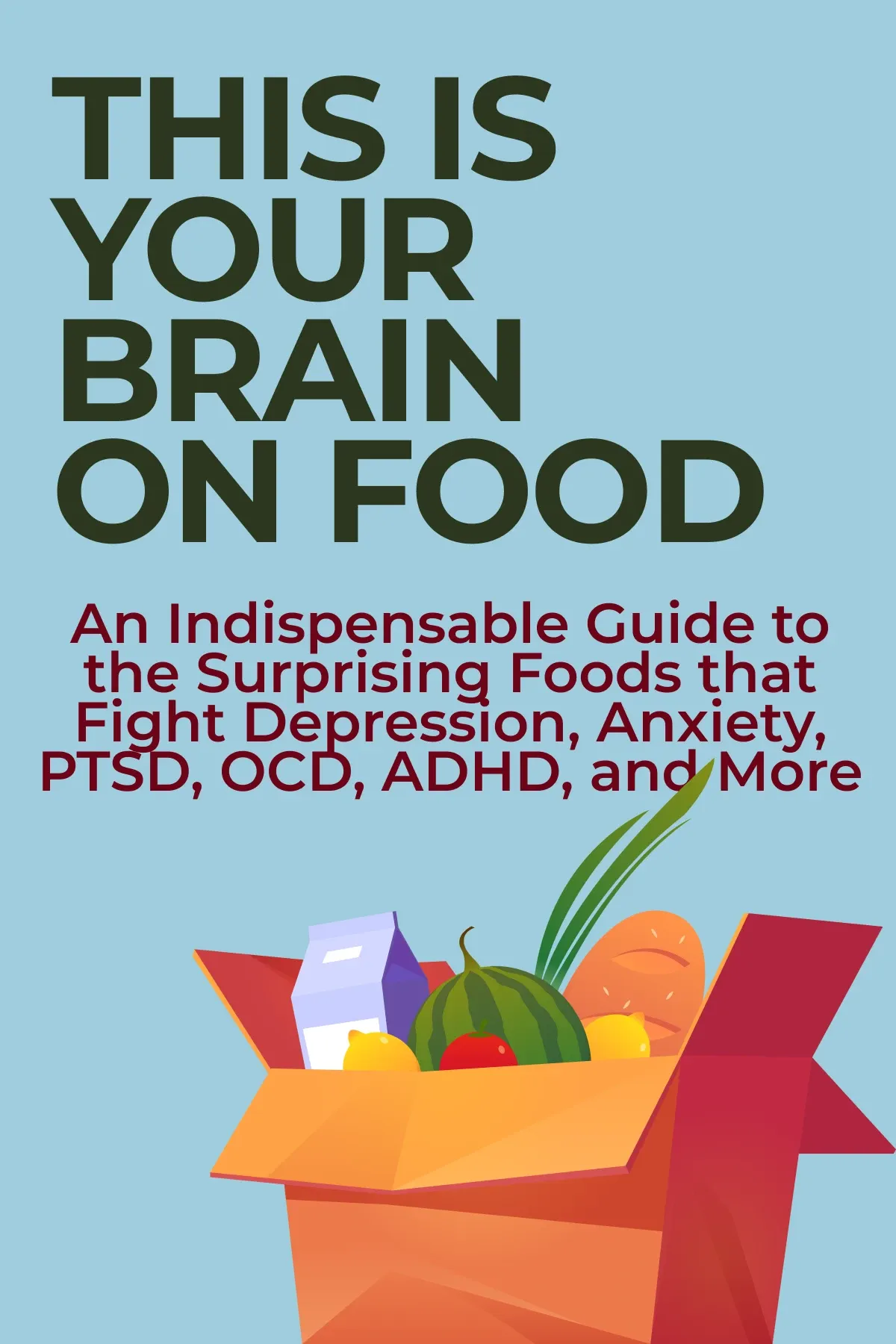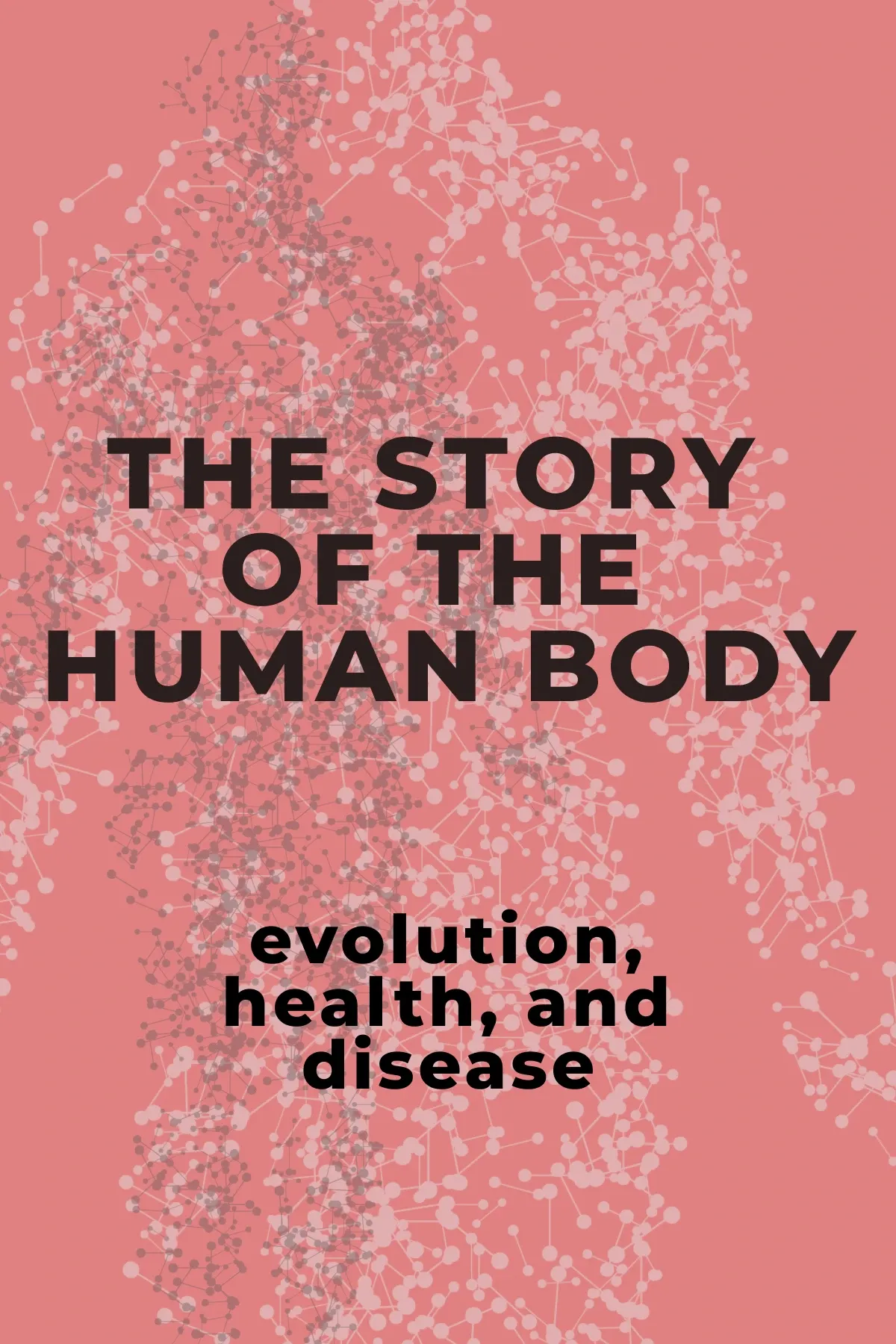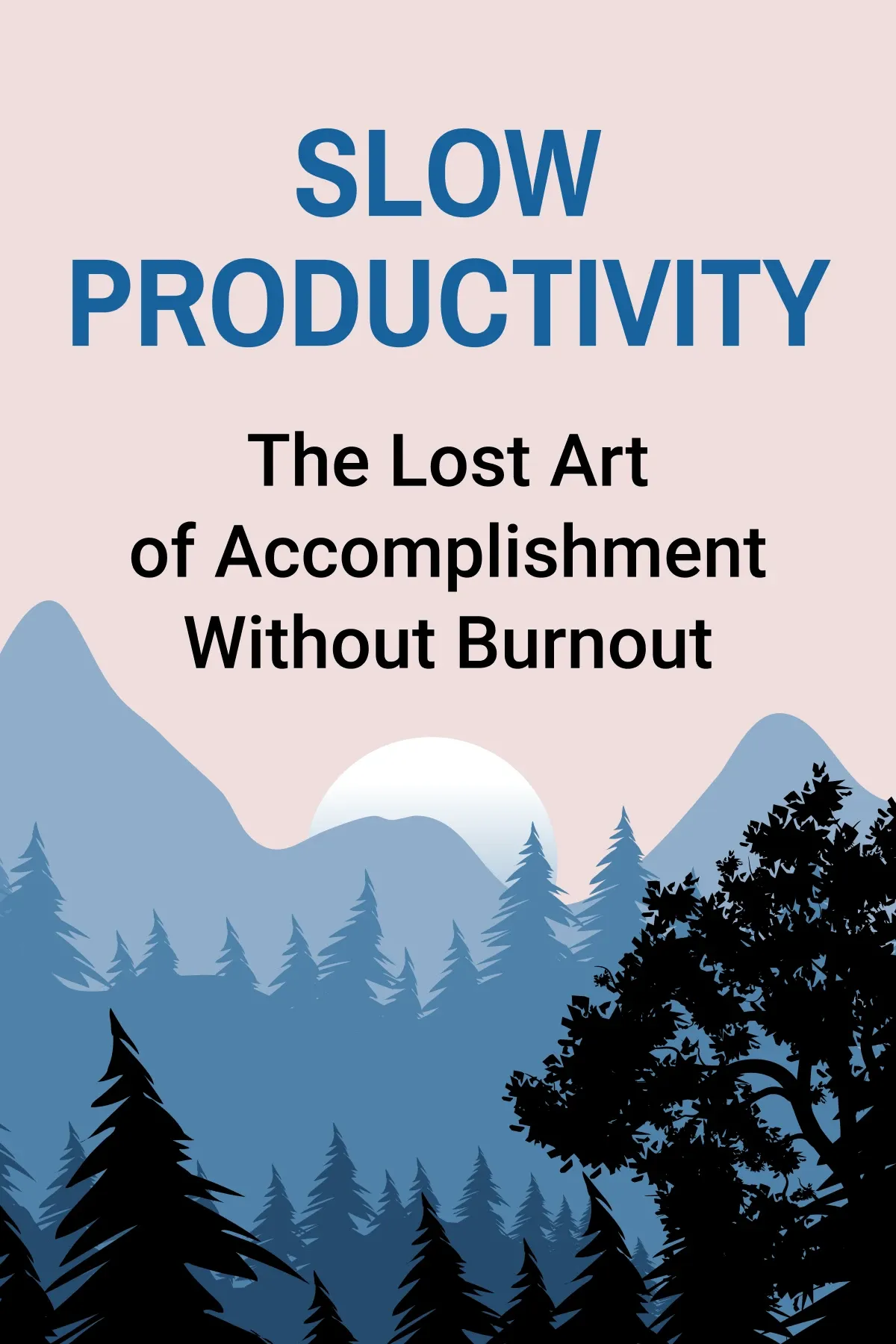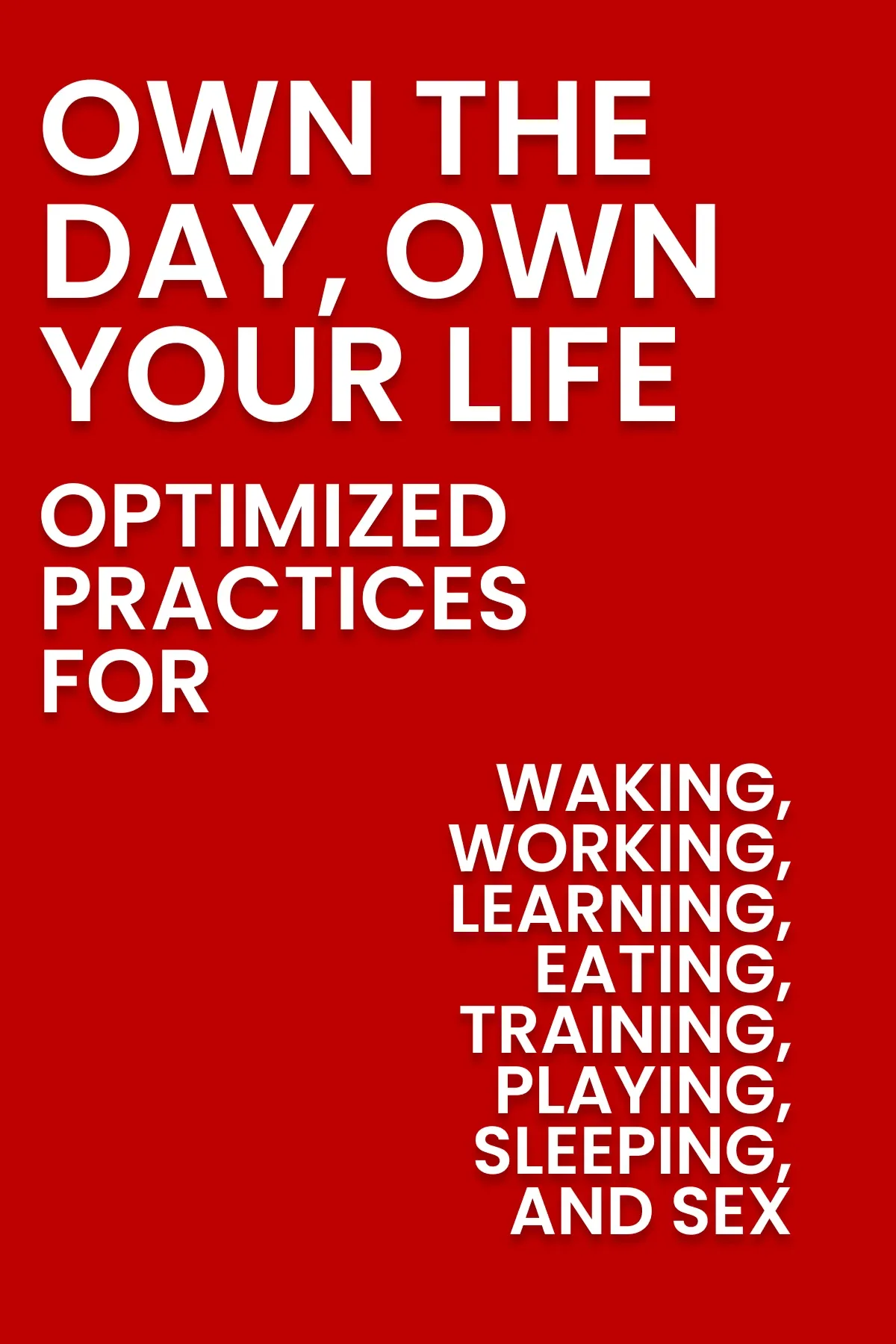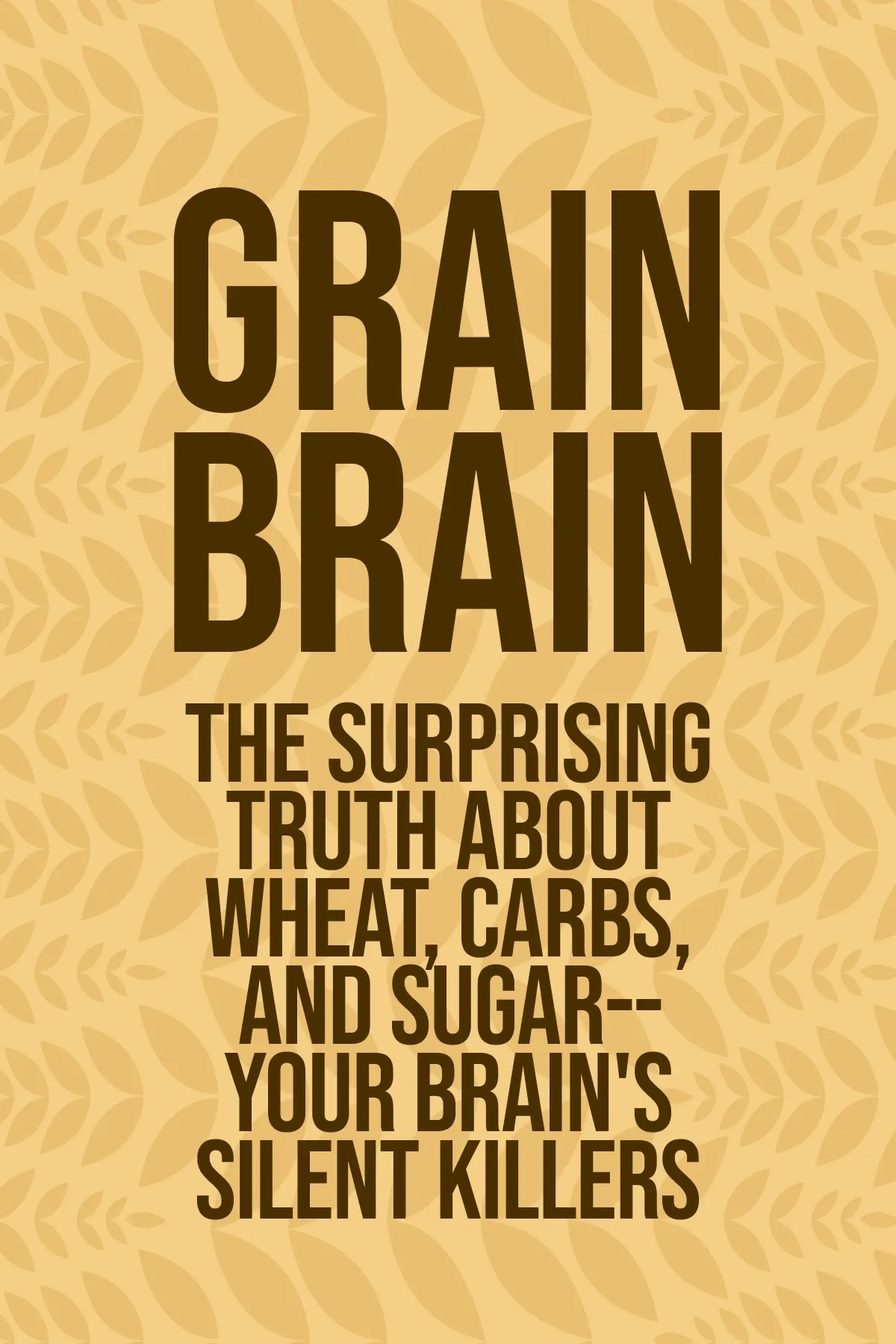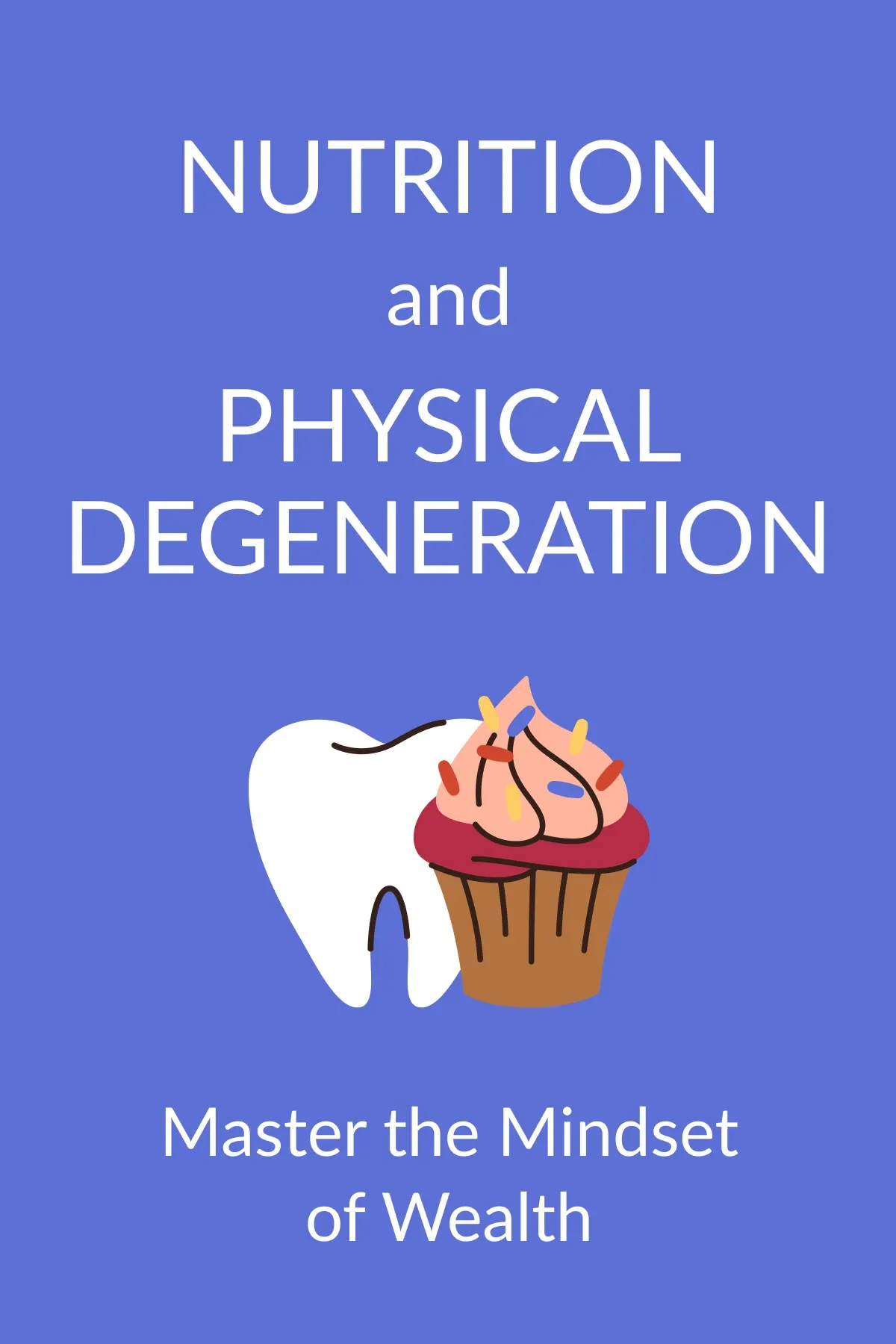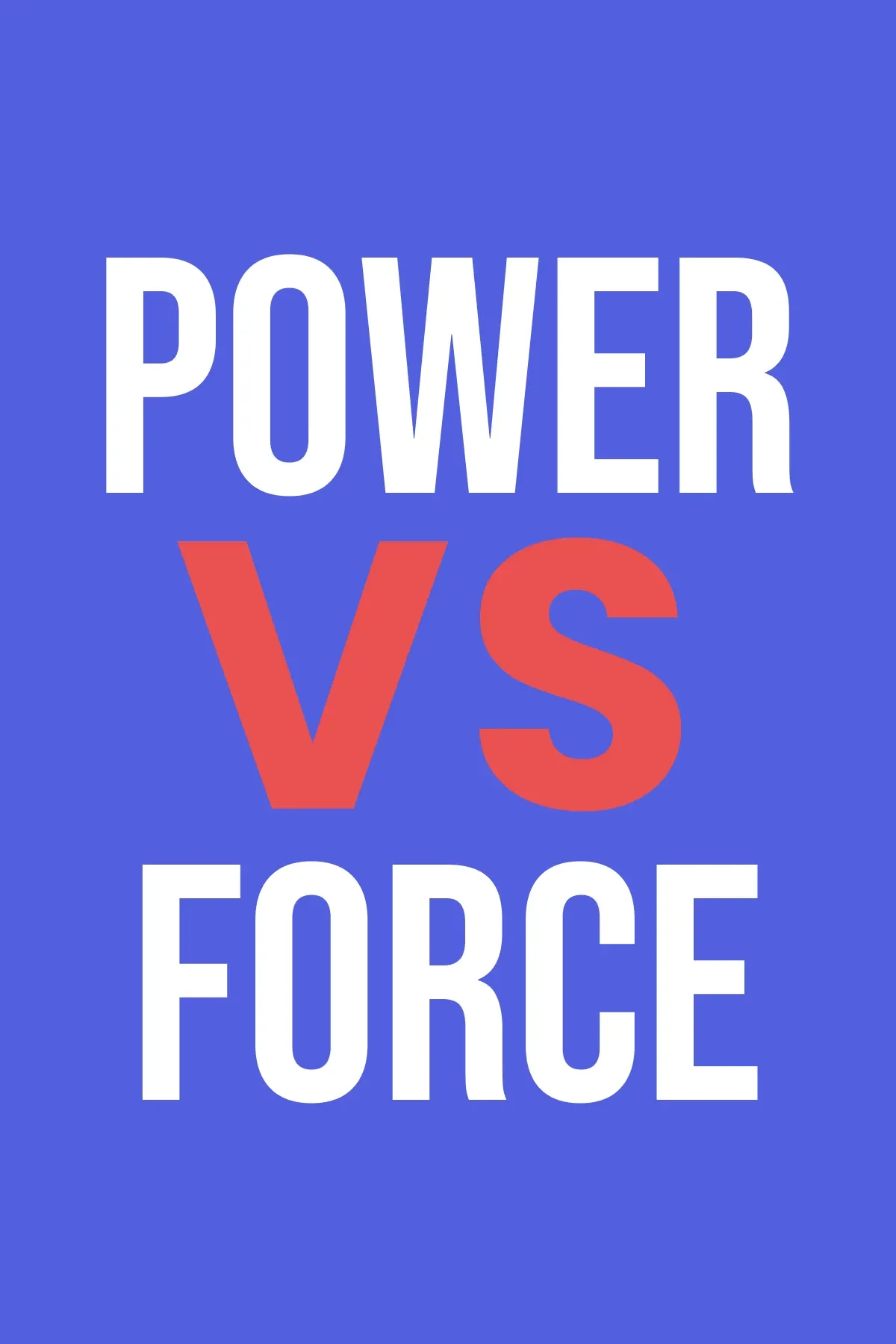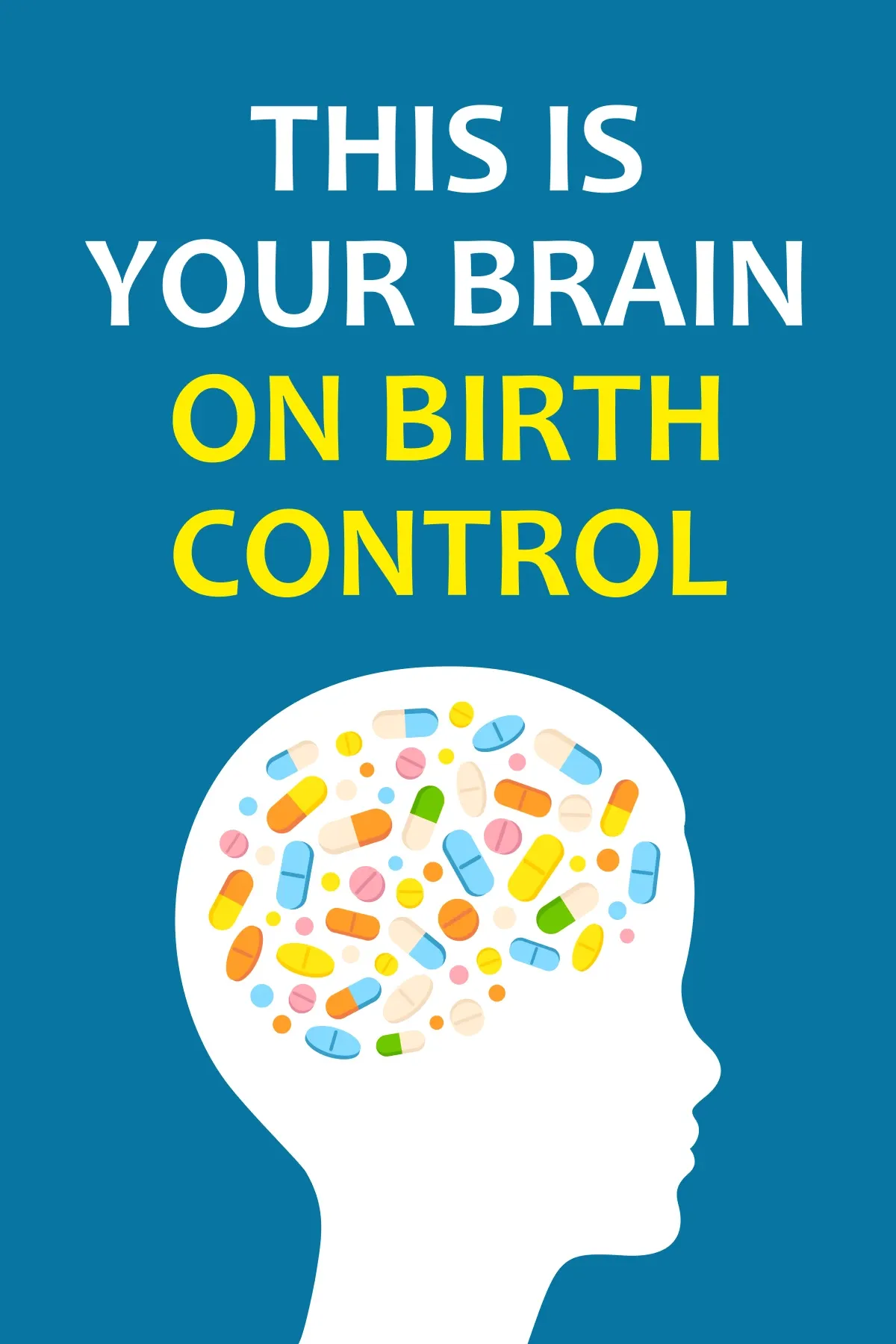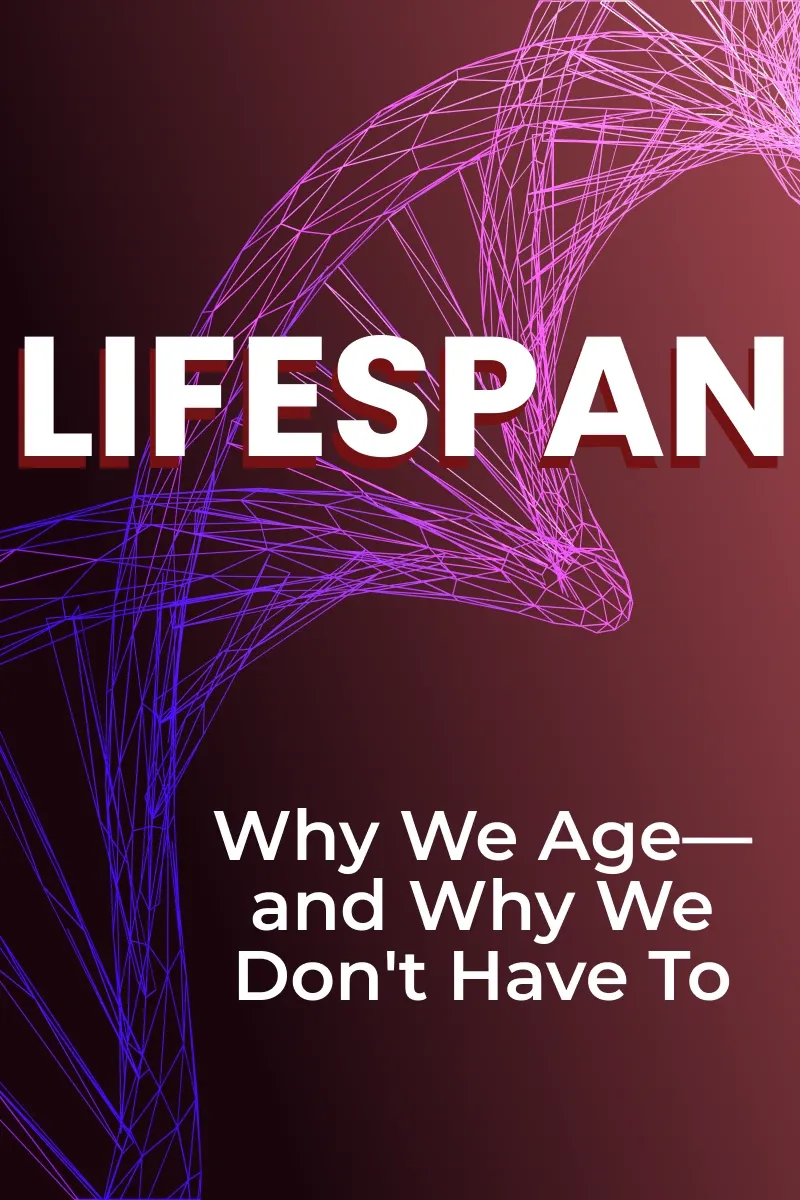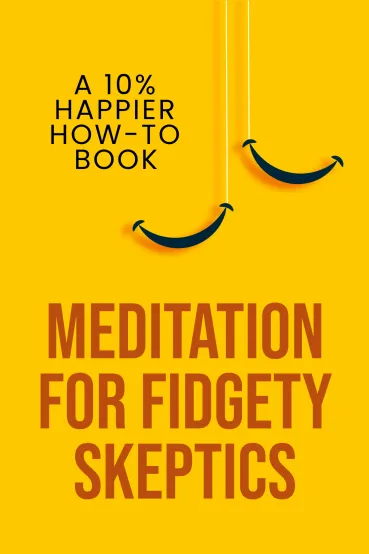
Meditation for Fidgety Skeptics
Brief Summary
In the fast-paced and demanding modern life, many people find their inner peace in mindfulness. In “Meditation for Fidgety Skeptics: A 10% Happier How-to Book”, Dan Harris, Jeffrey Warren, and Carlye Adler describe meditation with useful practical guidance, wit, and wisdom. The book challenges our preconceptions and discovers a pathway to inner calm amidst the hecticness of today’s world.
Topics
Key points
Key idea 1 of 7
These days, many urban professionals are pretty skeptical of meditation and everything connected to it. At the same time, however, science proves it to be a really helpful tool in combating stress.
Recent years have witnessed an explosion of research on meditation's benefits. It reduces blood pressure, enhances recovery from stress hormone release, and improves the immune system. Beyond individual well-being, studies indicate that meditation can foster positive societal changes. It can reduce violence in prisons and enhance workplace productivity. Furthermore, it can even improve the behavior and academic performance of school children.
Scientific validation has triggered a public health revolution. Meditation gained attention among diverse demographics like corporate executives, athletes, U.S. Marines, and entertainers like the renowned rapper 50 Cent. The once-dismissed ancient practice has become popular again in a world full of complexities and stress. More and more people prioritize mental well-being.
The authors of the book also experienced profound changes after they began practicing meditation. One of them, Dan Harris, went from a skeptical anchorman at ABC News to an advocate for meditation. Being a city-dwelling professional, Harris was no stranger to the skepticism surrounding meditation. In 2004, during a live broadcast, he experienced a debilitating panic attack that exposed many years of reporting from war zones.
The symptoms of his stress, like difficulty getting out of bed and a persistent fever-like feeling, progressed into a state of depression. Trying to self-medicate with substances like cocaine and ecstasy only exacerbated his turmoil. This breakdown pushed Harris to explore meditation, a practice he once thought didn't suit his restless nature.
After all, Harris's research revealed a surprising amount of scientific evidence supporting meditation as a potent stress reducer. And meditation became his savior during the most challenging times of his life.
FAQ
You may also like these summaries


